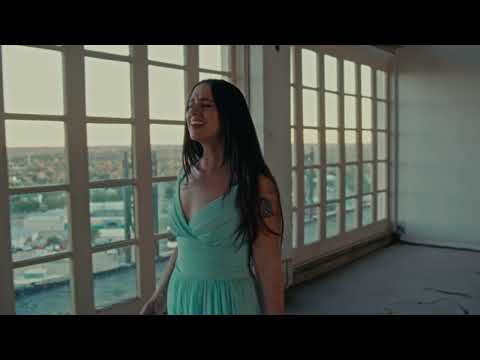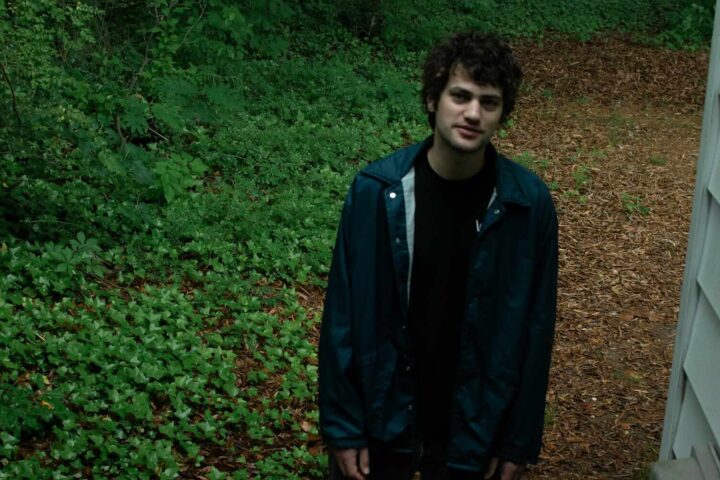No matter what stylistic mode Waxahatchee’s Katie Crutchfield is working in, from the emo-infused indie-folk of 2013’s Cerulean Salt to the sterling, country-tinged heartland rock of 2020’s Saint Cloud, her music boasts a persuasive, authorial presence. Her moniker is derived from the Alabama town where she grew up—“named after a city y’ain’t never seen,” she muses on the title track of Tigers Blood—and the album, like much of her discography, is stocked with scenes of vividly rendered rural life.
What’s perhaps most striking about Crutchfield’s music is that it dares to wrestle with honest depictions of its milieu. Tigers Blood is reflective without being overly sentimental. She pushes beyond idyllic small-town imagery, exploring the recklessness of youth and the privilege that comes with it: “Drank someone else’s juice and left only the rind,” she sings on “Tigers Blood.”
The way Crutchfield’s crystalline voice penetrates her music’s often beautiful, serene instrumentation on Tigers Blood dovetails with her gutting truth-telling. On songs like “Bored,” her pretty yet confrontational inflections are contrasted by the track’s lovely arrangement of guitar, organ, and pedal steel. Occasionally, the lackadaisical instrumentation, as on “The Wolves,” is so at odds with the thorny, melancholic lyrics that it feels jarring.
“Crimes of the Heart” explores what it’s like to play the role of an “agent of truth…reading fortunes for free in someone else’s goldmine.” The song fascinatingly depicts a down-on-their-luck narrator who, upon showing up on a friend’s doorstep, is content to sit around and tap into “the darkness you can befriend.” This is deeply self-aware and self-interrogating music, but Crutchfield’s fable-like lyrics can be decoded and deciphered in myriad ways.

On opener “3 Sisters,” Crutchfield navigates the oddness of being a professional artist: “I make a living crying, it ain’t fair.” Elsewhere, “Ice Cold” acknowledges “some folktale” the singer is “keeping alive while the curtain falls,” a contemplation of how her job as a storyteller plays into her day-to-day life. Coupled with the next line—“I might fall in love with the next story I’m told/But I’ll never have another burning hot coursing through me”—it points toward a reckoning with the ease with which we can fall under the spell of other people’s narratives.
This preoccupation with drama and stories resonates with Crutchfield’s song construction: There’s a kind of covert theatrical structure to her music that nonetheless comes off as homespun and naturalistic. On “Lone Star Lake,” the guitars stick to a circular, constrained riff as the banjo prattles on, allowing the melodies to sneakily mount and have unexpected impact.
For the electric guitar work on Tigers Blood, Crutchfield recruited the help of Wednesday strummer MJ Lenderman, who plays on every song and provides vocal harmonies on several as well. Lenderman’s slack-jawed six-string fluidity helps capture the romantic complacency described in “Right Back to It,” but it hampers “365,” where his contributions sound aimless. Regardless, Crutchfield is an expert bandleader: She’s taken Waxahatchee from a tight close-up to a sweeping landscape view, with the skill and ideas to fill the canvas completely.
Since 2001, we've brought you uncompromising, candid takes on the world of film, music, television, video games, theater, and more. Independently owned and operated publications like Slant have been hit hard in recent years, but we’re committed to keeping our content free and accessible—meaning no paywalls or fees.
If you like what we do, please consider subscribing to our Patreon or making a donation.






